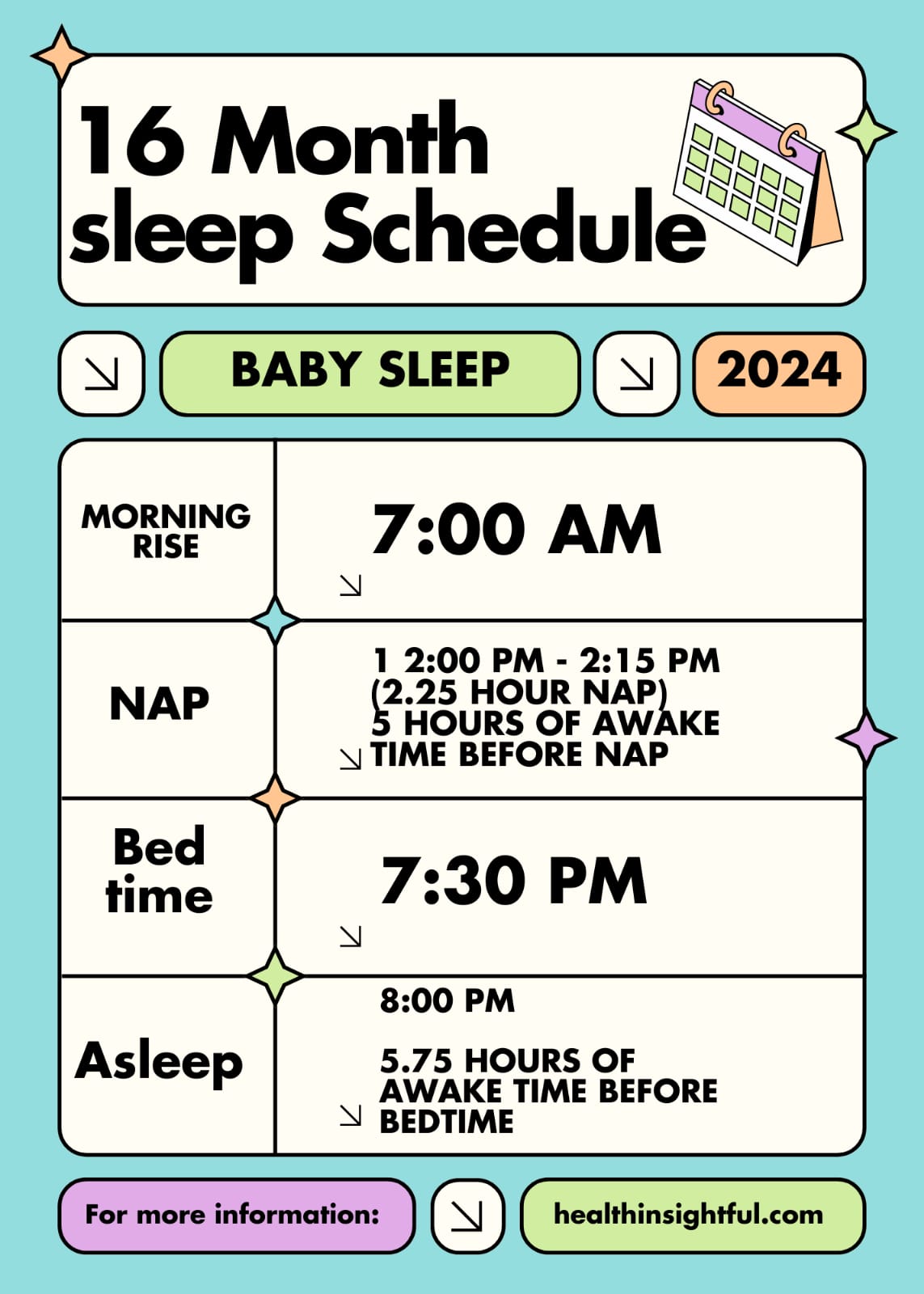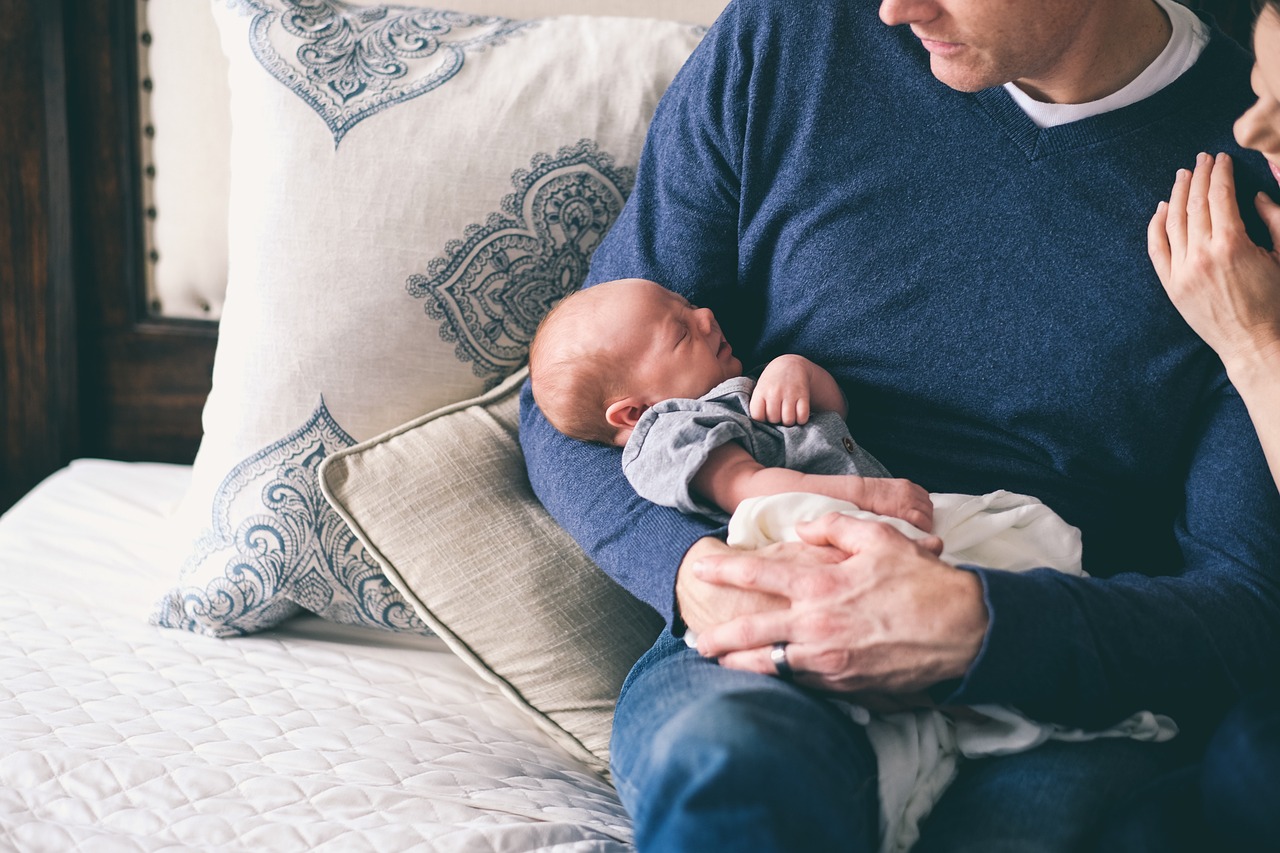Sudden night terrors during what is supposed to be a quiet night can be quite alarming to parents of babies. Unlike nightmares, night terrors will make your baby react in extreme, sometimes violent fear and confusion-even when your baby does not wake up. Understand what night terrors are, what causes them, and how you can help your baby overcome them so that at least you get better sleep.
What are baby night terrors?
Night terrors are periods of intense fear or panic that occur in phases of deep, non-REM sleep. They can occur along with your baby into the first part of the night-usually within the first several hours following your baby’s bedtime. A baby who is experiencing a night terror may whimper, whine, cry, scream, arch her back, and fling her limbs about-all signs of real terror. Unlike in a nightmare, though, the baby isn’t technically awake during an episode, and most likely won’t be able to remember the experience the next day.
Signs of Night Terrors in Babies
- Watch for these signs that your baby may be having nighttime terrors:
- Sudden screaming or crying in sleep
- Increased breathing rate and/or heart rate
- Sweating
- Wide eyes that don’t really seem in control of the normal brain controls
- Thrashing or kicking wildly
Hard to console
Generally, night terrors last from a few minutes to half an hour. The baby continues sleeping and does not remember this episode at all.
Causes of Baby Night Terrors
The exact cause of night terrors is not well understood, but they are thought to be related to partial arousal of the brain from deeper stages of sleep to lighter stages of sleep. A variety of factors may trigger night terrors or simply make them worse, including the following:
1. Overtiredness
Overtired or sleep-deprived children are more prone to night terrors. It disrupts the normal pattern of sleep, and increased frequent transitions across the stages of sleep may provoke an episode.
2. Stress or Anxiety
Although stress is not felt with the same intensity in babies as in adults, changes in the infant’s environment or routine, such as commencing daycare, travel, or even exposure to new individuals, create anxiety. This impacts their sleeping pattern and enhances their tendency toward sleep terrors.
3. Sleep Disruptions
Changes in your baby’s normal pattern of sleep – including skipped naps or inconsistency in the time he/she goes to bed. Disrupted sleep cycles result in a reduction in the ability of your baby to smoothly move through these stages of sleep, and are associated with night terrors.
4. Developmental Changes
Very fast physical and intellectual growth, but above all periods of growth spurts, can alter your baby’s sleep pattern. Brain maturation during such periods may make the sleep cycle more fragmented thus increasing the risk for night terrors.
5. Family History
Sleep terrors can also run in families. If you or one of your immediate family members had sleep terrors as a child, then your infant is also at increased risk for sleep terrors.
How to Soothe Your Infant Having a Night Terror
Sometimes, this may be shocking to witness your baby acting like they are in distress during a night terror; actually they are not awake and never remember any of the activities that took place. Night terrors, unlike nightmares, do not require immediate action. Fortunately, though, one can work on how to comfort and minimize their baby’s night terrors.
1. Stay Calm
What matters most during night terrors is not to panic. Though it is hard seeing your baby distressed, remember that your baby is in no real danger and most of his or her life will likely not even remember it. Also, it is best if you will not try to wake them because it confuses and further disorients them.
2. Safety Ensuring
Having the baby in this thrashing or moving night terror, make sure the baby does not accidentally hurt themselves. Gently move them away from objects like crib rails and sharp edges. Rein them in lest the episode intensifies.
3. Comfort Without Waking
Comfort your baby without fully wakening him if at all possible. Rub his back, talk in a soothing tone, or give him his hand to hold. Often times this reassurance helps them catch a deeper sleep once it is over.
Night Terrors Prevention Tips
While night terrors are a phase that most babies grow out of, there are some things you can do to help minimize the occurrences and not only help your baby sleep more soundly but also you. Here are some tips to consider:
1. Establish a Regular Bedtime Ritual
It forms a rhythm in the sleeping pattern of your baby. A forecasted bedtime routine during night time, comprising of relaxing activities such as a bath or massage, or even a bedtime story, notifies your baby that now it is time to sleep. A relaxing presleep routine may also reduce tension and overtiredness, which is more often a cause of night terrors.
2. Let Your Baby Have Enough Sleep
One of the major triggers regarding night terrors is overtiredness. Hence, it is very essential to ensure that your baby gets adequate sleep both during the day and at night. Keeping regular nap schedules, allowing appropriate nighttime sleep, may be a way of keeping the baby fresh and avoiding overtiredness for him to have sound sleep.
3. Reduce Sleep Disruptions
The sleep environment should be as quiet and dark as possible. White noise machines or blackout curtains may be helpful in creating a sleep environment that will not be interrupted. Major changes to the sleep routine and to the sleep environment must be avoided, especially around bedtime.
4. Handle Separation Anxiety
Separation anxiety can affect sleep quality and make the night terrors increase. Give your baby a lot of extra comfort at bedtime, such as a favorite stuffed animal or blanket. Try a gradual “fade-out” where you gradually remove yourself from the room until your baby is comfortable going to sleep alone.
5. Watch Diet and Fluid Intake
Sometimes certain foods or lack of hydration disturb your baby’s sleep. For better nighttime sleep, avoid giving your baby sugary snacks or drinks close to bedtime and make sure that they are well-hydrated through the day.
When to See a Doctor
Though night terrors are not at all harmful, thus something that the babies grow out of, there are instances where it will be useful to consult a pediatrician. If the episodes are frequent, prolonged, appear to worsen with time, or interfere with your baby’s daytime mood and behavior, it may be worth mentioning to a healthcare professional. What one would most want medical advice for, though, is if these night terrors are apparently linked to other conditions such as sleep apnea or reflux that would be treated at their source.
Final Thoughts
It is also not easy on the baby, but all a parent needs is awareness and the right approach to guide their baby through this. The most promising ways to minimize night terrors and give your baby an easier time sleeping are through a soothing bedtime routine, keeping him well-rested, and offering comfort in times of these episodes. Although it is common to have night terrors, they are not usually very lasting. However, if you think at all that they might occur too frequently or with too much intensity, then by no means hesitate to get in touch with your pediatrician for further assistance.










